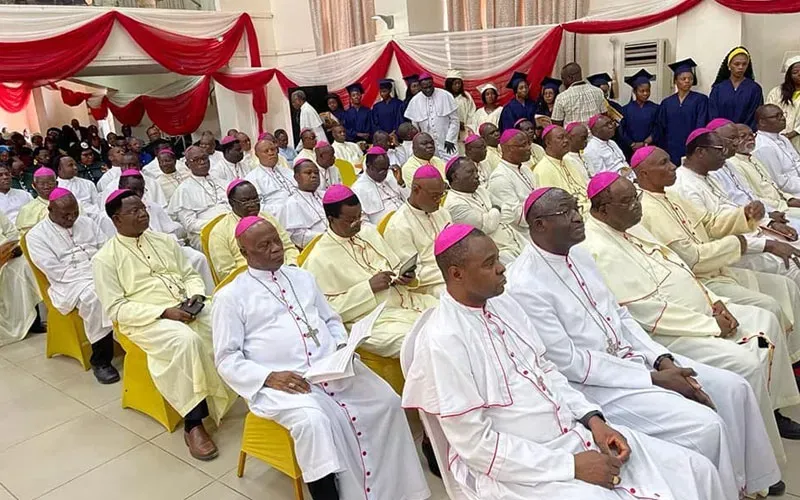Abuja, 27 January, 2025 / 3:35 pm (ACI Africa).
Members of the Catholic Bishops’ Conference of Nigeria (CBCN) have proposed that "rigorous ethical principles" be developed to ensure that Artificial Intelligence (AI) in education upholds human dignity.
In a statement following the celebration of the International Day of Education on January 24, the Catholic Bishops emphasized that AI must serve as a tool to complement, not replace, human efforts in education and other aspects of life.
The Bishops reflected on the theme of the day, “AI and Education: Preserving Human Agency in a World of Automation,” and noted the transformative potential of AI while stressing its limitations in instilling ethical values in learners.
“Technology, including AI, must always complement and support human endeavors, rather than overshadow them,” they said, and added, “To achieve this, we must apply rigorous ethical principles to guarantee that AI serves the common good, respects human dignity, upholds our values, and preserves the vital roles that individuals play in shaping the future.”
Acknowledging that AI cannot replicate essential human qualities such as compassion, moral direction, and guidance, the Bishops urged stakeholders to ensure that technological advancements prioritize the common good and human dignity.








